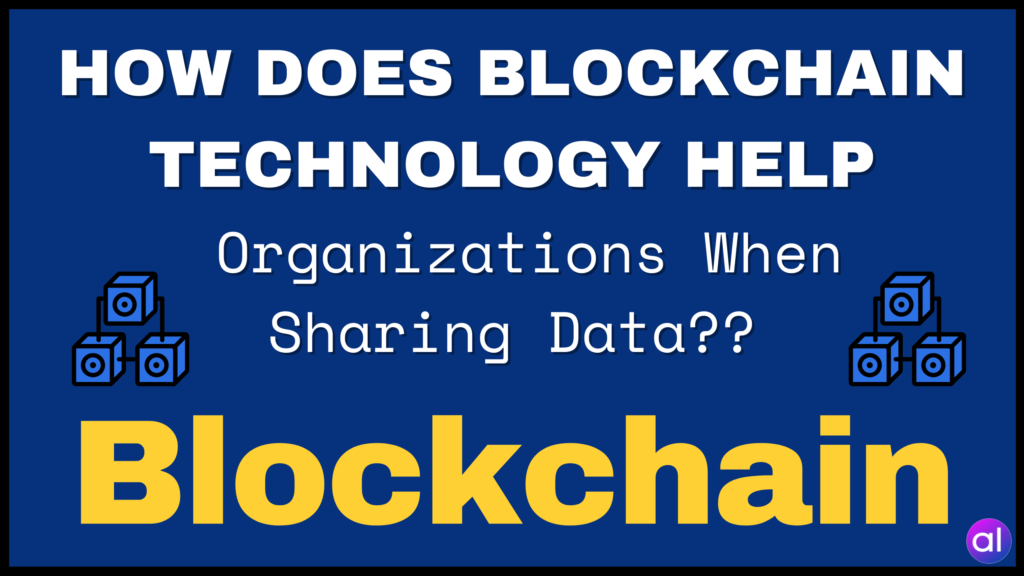
Did you know that blockchain and bitcoin are closely related but not the same thing? If you’ve been making that mistake, this article will help clear things up for you.
Understanding Blockchain Technology
In simple terms, blockchain is like a computer file designed to securely store data. Technically, it’s a distributed ledger or database, meaning the data can be accessed by multiple computers, making it decentralized. This decentralized data system is a new and unique concept in technology. Unlike traditional centralized databases, blockchain allows data to be viewed by many users with permission, enhancing transparency and security. Hackers find it difficult to target blockchain systems due to their decentralized nature.
Decentralized and Distributed – Exploring Cryptopunks
Cryptopunks are 24×24 pixel art images or unique avatars represented as NFTs on the Ethereum blockchain. There are 10,000 Cryptopunks, each with distinct characteristics. Cryptopunks, like NFTs, gained popularity in 2021 when some were sold for millions of dollars.
The Rise of Cryptopunks
A Vision Becoming Reality
When thinking of blockchain and cryptocurrency, bitcoin often comes to mind. While blockchain powers bitcoin, they are not the same. Bitcoin is a decentralized digital currency that utilizes blockchain technology for transactions, but blockchain has broader applications beyond cryptocurrencies.
Exploring the Potential of Blockchain Technology
Blockchain’s impact goes far beyond just bitcoin. Its applications are diverse and revolutionary, transforming the business landscape much like the internet did. Smart contracts, transparent record-keeping, supply chain analysis, and insurance verification are just a few examples of how blockchain technology can be utilized.
Enabling Smart Contracts
Blockchain facilitates secure and automated digital transactions through smart contracts, ensuring terms are met before execution. This efficiency saves time and minimizes disputes.
Maintaining Transparent Records
Blockchain ensures the secure storage and accessibility of long-term asset records, fostering transparency and trust among all involved parties.
Enhancing Supply Chain Visibility
By leveraging blockchain, businesses can track product movements in the supply chain, enabling customers to verify product authenticity and delivery details.
Streamlining Insurance Verification
Insurance companies are exploring blockchain to provide instant proof of coverage, allowing stakeholders to quickly verify insurance information without delays.



